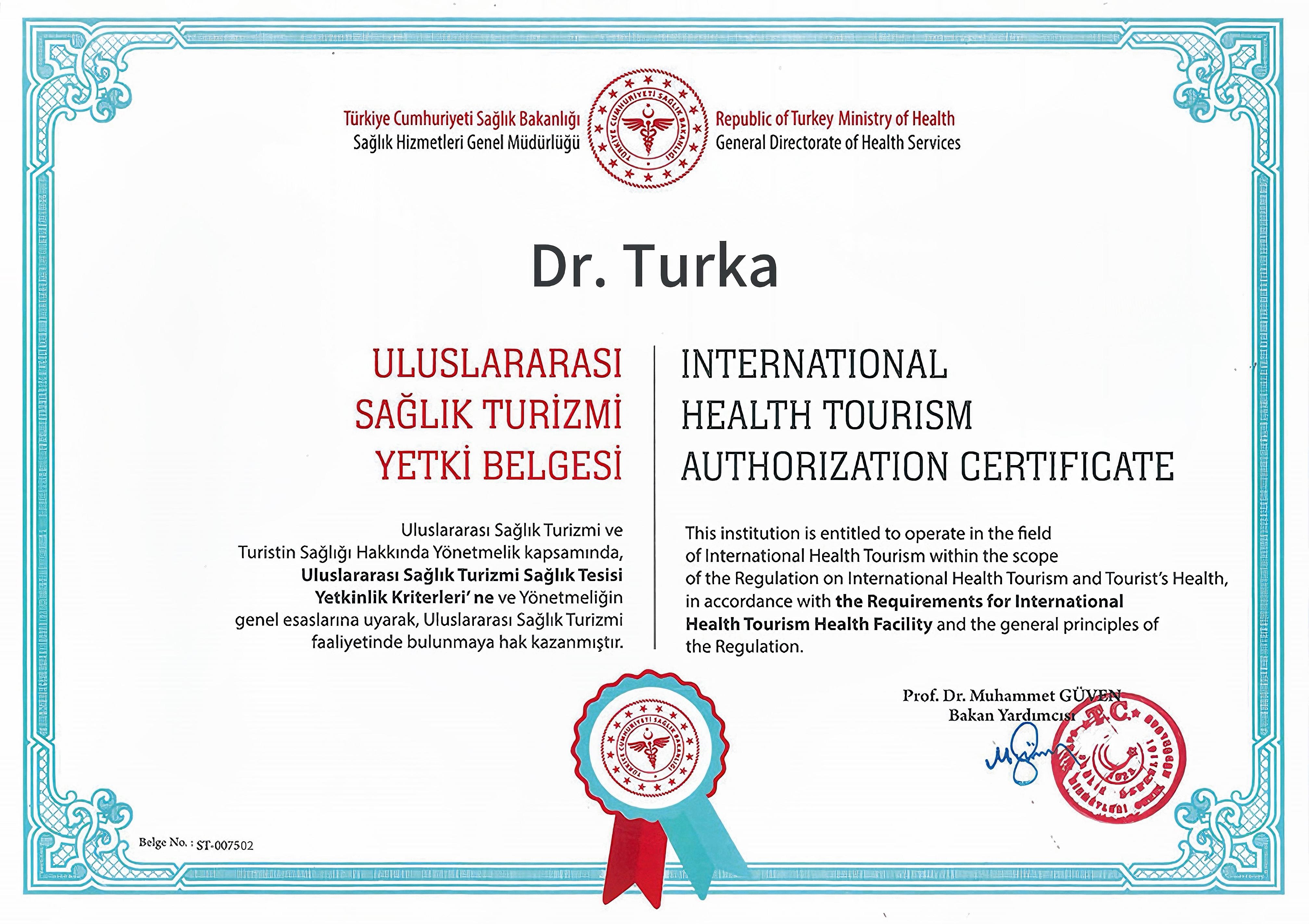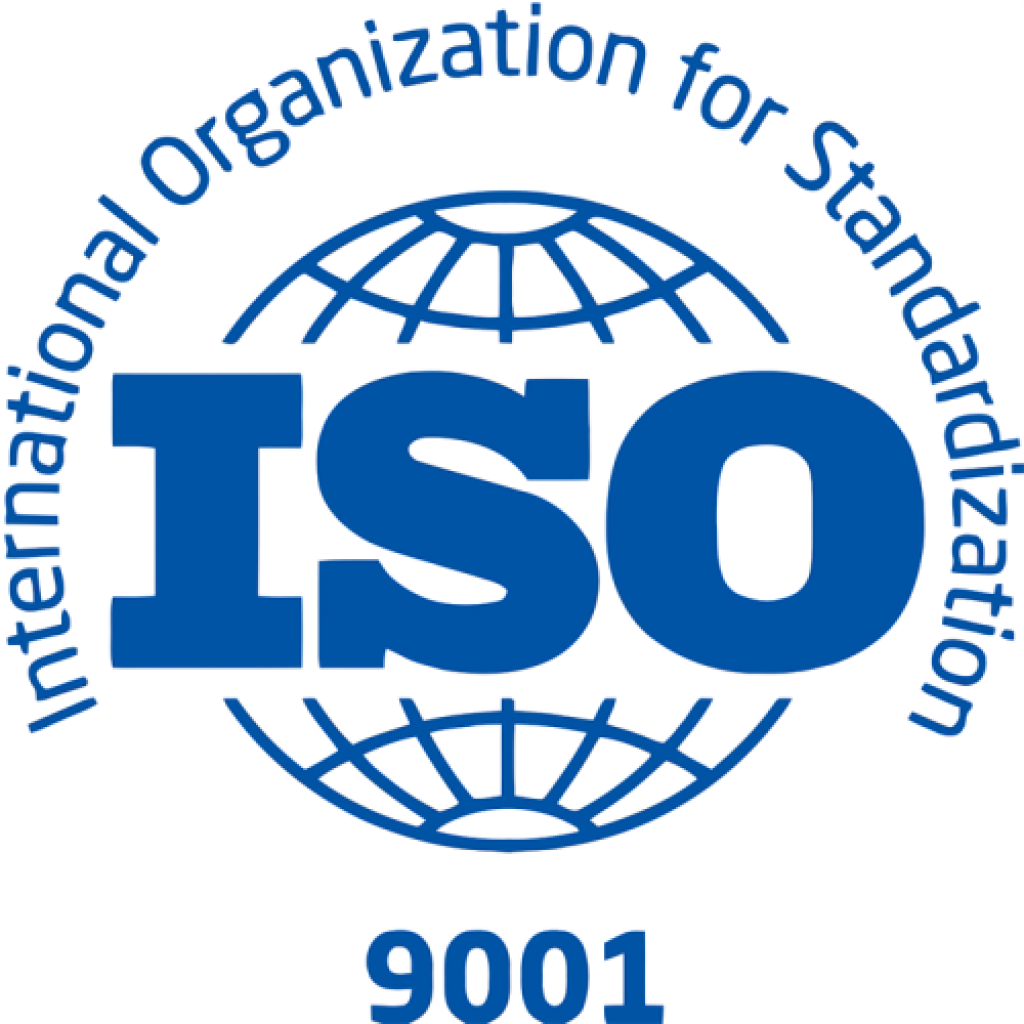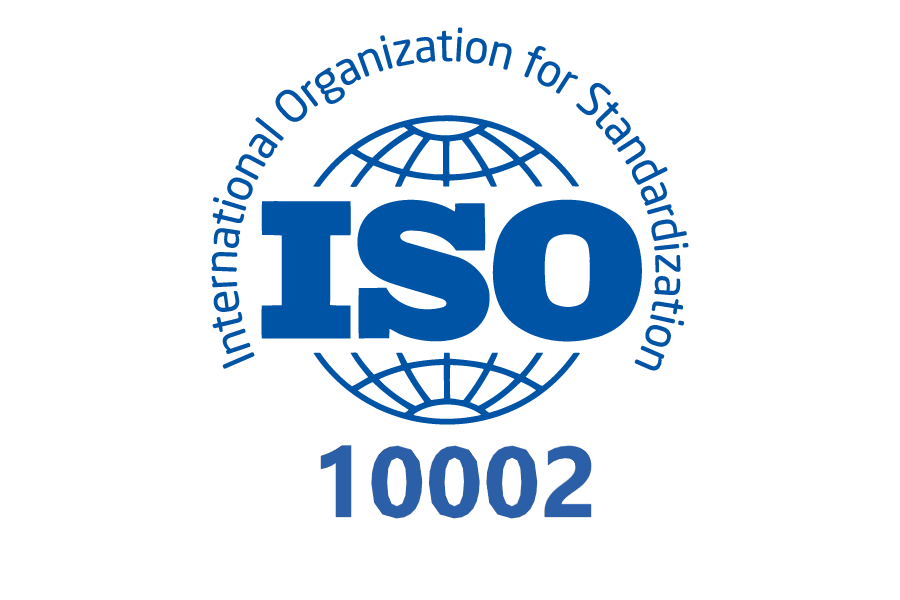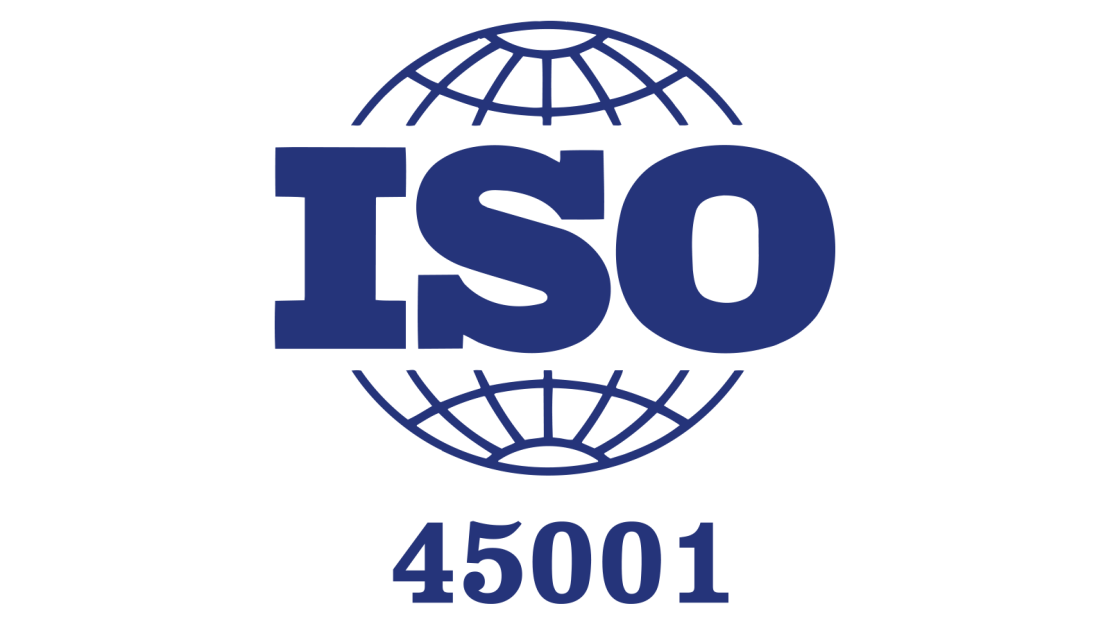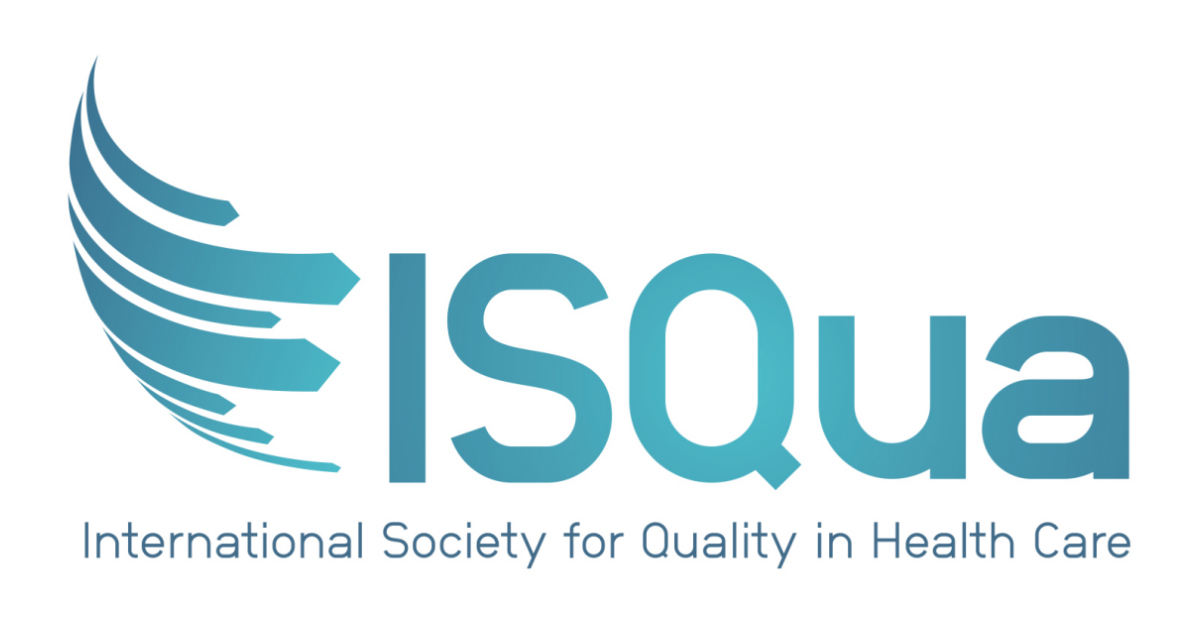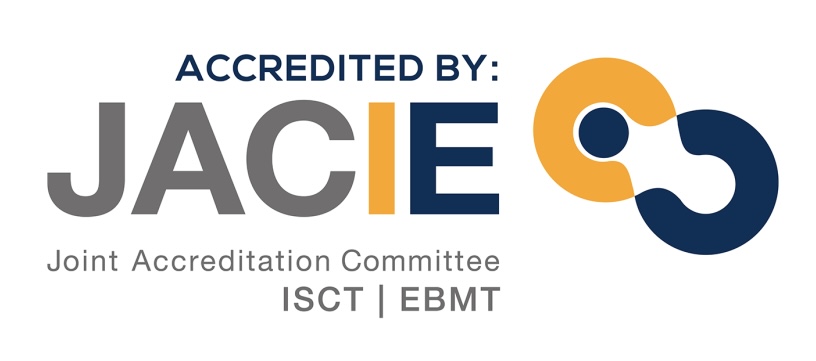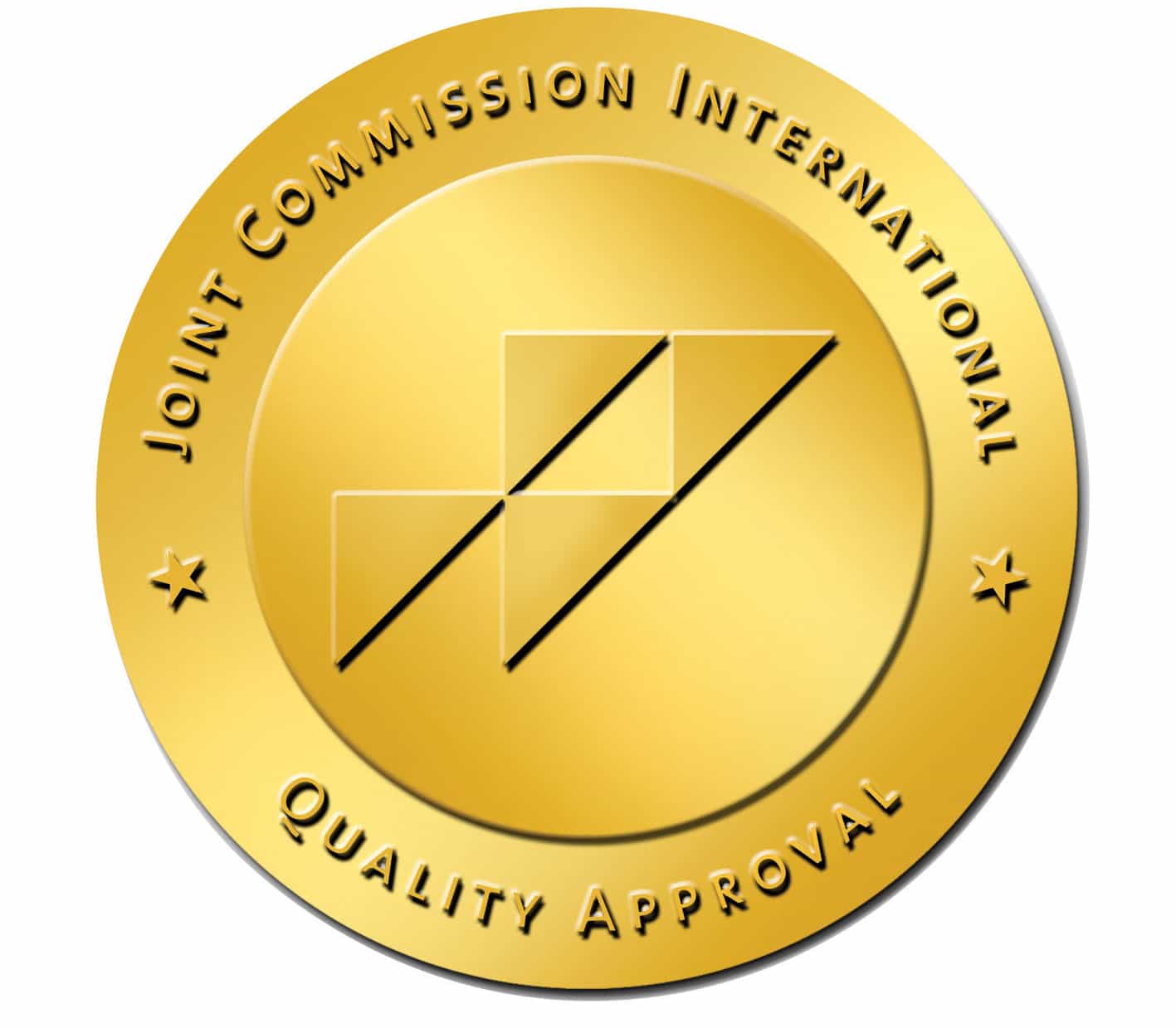
Bone Marrow Transplant Center (Pediatric & Adult)
Bone Marrow Transplant Center (Pediatric & Adult)
A treatment program, providing both service and training at international standards, is offered in stem cell and bone marrow transplantations in adult and children at Bone Marrow Transplantation Departments within the scope of Dr.Turka Hospitals. Transplantation Programs include clinical research in high dose chemotherapy and long-term outcome for bone marrow transplantations. The Bone Marrow Transplantation Multidisciplinary Team is comprised of physicians, nurses, pharmacists, therapists, social workers and administrators specializing in all aspects of stem cell transplantation. The Bone Marrow Transplantation Program is heavily supported by specialty programs based in the Divisions of Intensive Care Unit, Pulmonary Medicine, Infectious Diseases, Renal Medicine and other specialty services of the Medical Center.
Bone marrow transplantation, also known as hematopoietic stem cell transplantation (HSCT), is a medical procedure that involves the transplantation of healthy blood-forming stem cells into a patient with a damaged or defective bone marrow.
Bone marrow is a spongy tissue found in the bones that produces blood cells, including red blood cells, white blood cells, and platelets. In some cases, the bone marrow may be damaged or destroyed by diseases such as leukemia, lymphoma, or multiple myeloma, or by chemotherapy or radiation therapy used to treat these diseases. This can lead to a deficiency in blood cells and a weakened immune system.
Bone marrow transplantation involves the transplantation of healthy stem cells from a donor into the patient's bloodstream. These stem cells can then migrate to the bone marrow and begin to produce healthy blood cells. The donated stem cells can come from a variety of sources, including bone marrow, peripheral blood, or umbilical cord blood.
There are two main types of bone marrow transplantation: autologous and allogeneic. In autologous transplantation, the patient's own stem cells are collected and stored prior to undergoing chemotherapy or radiation therapy. After the therapy, the stored stem cells are transplanted back into the patient's body to help restore blood cell production. In allogeneic transplantation, the stem cells come from a donor, who may be a family member, an unrelated donor, or umbilical cord blood.
Bone marrow transplantation is a complex medical procedure that requires careful screening of potential donors and patients, as well as close monitoring of the patient's condition during and after the transplantation. The procedure carries risks and potential complications, such as infections, graft-versus-host disease (GVHD), and organ damage, but it can also be life-saving for patients with certain blood diseases.
In recent years, advances in bone marrow transplantation techniques and technology have improved the safety and success rates of the procedure. Today, bone marrow transplantation is an important treatment option for many patients with blood disorders and certain types of cancer.

